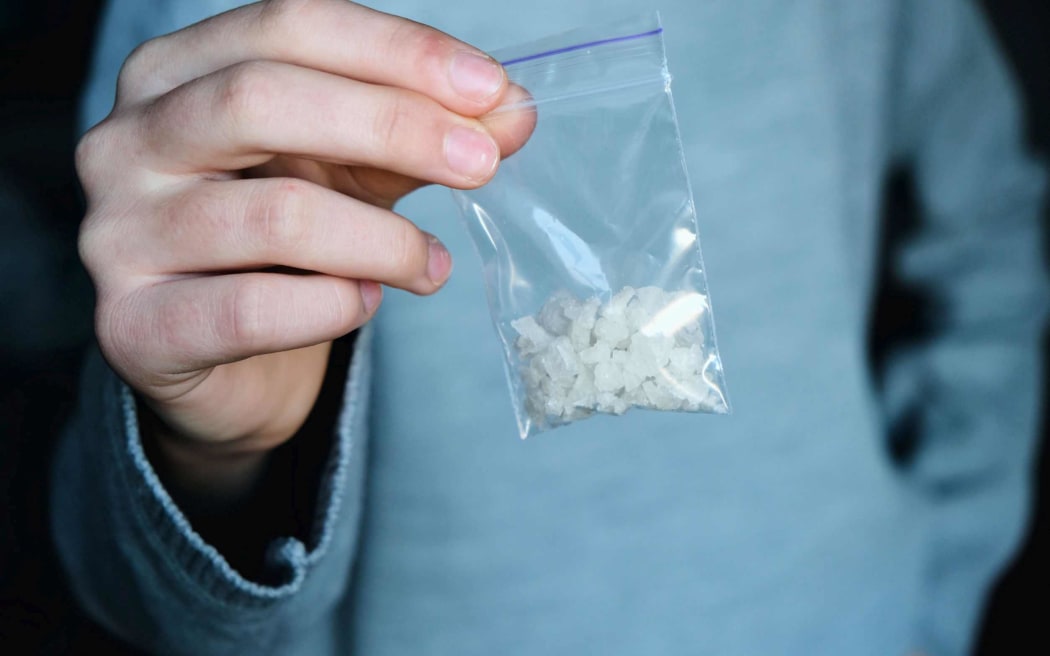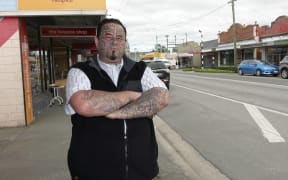The Clutha District is being lauded for its approach to tackle the growing methamphetamine crisis.

Clutha has been caught off guard by the emergence of methamphetamine in recent years. Photo: 123rf
As the small district of 17,500 people in South Otago continues to grapple with a growing meth crisis, addiction recovery advocate Pat Buckley said the community and, in particular, its younger members were taking the right approach to tackle the drug.
The community is open about the problem and putting addiction treatment and health-centric thinking at the core of its approach.
Police would exercise discretion when dealing with those addicted to or using the drug, attempting to get them treatment rather than pursuing criminal outcomes.
Clutha-Taieri area response manager Senior Sergeant Stan Leishman said many users were caught in the spiral of addiction and needed help.
"We don't prosecute people for personal use of cannabis and we haven't done for sometime. We're taking a health-based approach," he said.
"We'll take the same approach, it's a case-by-case process, but people who develop the methamphetamine habit ... we want to see them get off that, get some help and get their lives turned around. And often get back into employment and pass drug tests so they can work."
Like many areas, Clutha had been caught off guard by the emergence of the drug in recent years.
Clutha District Mayor Bryan Cadogan estimated there were 100 or more users of the drug in the area.
"There seems to be no rhyme or reason in who it hits or who's affected. If you think it's going to affect a certain demographic of society you'll be wrong," he said.
"It can hit anyone, anywhere, it seems and in discussions with families that have been ripped apart by it, from people who have had suicides in their families, the thing that came back to us strongly was the support mechanisms did not know it was there."
The council wanted to solve the problem by tackling it head-on, he said.
"We've taken the direction that we are going to confront it, we're going to openly acknowledge it and we're going to try and do something to put the support around our communities and around the people that are directly affected, so that we can at least help."
Mr Leishman said the class-A drug had brought more gang activity, including standover tactics, to the district.
"What we're seeing is it's growing. We have anecdotal evidence and we keep coming upon situations where people are having their property taken from them through drug debt," he said.
"There's been a couple of drug operations recently and those drug operations clearly showed that the supply of methamphetamine was causing harm in our community."
He had sought money from the Proceeds of Crime fund to make the district more resilient to the drug and bolster addiction and social services working in the area.
"We can go and knock on the doors of people we know are addicts or meth users, and it's kind of what we call prevention by intervention, and pretty much what we are doing is saying 'Look we know you're using meth, we would like to refer you for treatment and give you that option'. But if we do that we've actually got to know there are services out there that can cope."
Police were working with social services and NGOs, such as the Salvation Army, to ensure they could cope with increased demand for addiction services.
Youth take on task to spread awareness
The Clutha District Council and its youth council were also orchestrating an awareness campaign to educate the public on the danger of meth and warning signs of use.
To that end, the founder of drug awareness group Amped4life and reformed drug addict Pat Buckley visited the district last week and spoke to all five high schools and hosted four community talks in the evening in different townships.
The district was taking the right approach to curb meth's grip on its residents, Mr Buckley said.
"No one wants to air their dirty laundry and nobody wants to talk about their deep dark secrets but when it concerns our young people, our rangatahi, and our communities I think we actually have to have an honest conversation about the problem and let's find some resources and some solutions and some wrap-around services to assist those people in need."
Mr Buckley's visit was organised by the Clutha Youth Council, who held fundraisers to bring him to the Clutha district.
Mayor Cadogan lauded the work of the community's younger members in facing up to the problem.
"I'm just so in awe of our youth council that they've seen firsthand the issue that affects all of society and came up with a programme to try and address one critical issue of it, and that was let's make everyone aware."
Youth council chair Ella-Rose Lawrence said she and other teenagers were not shying away from the issue, as it affected their peers.
"It's real amazing to see people that you thought wouldn't even do it, they're just like 'Let me try, let me try', and actually as Pat told us it's ruining people's lives," she said.
The youth council hoped to educate young people about the dangers of methamphetamine, and she hoped to share Clutha's approach with other young people around the country.



